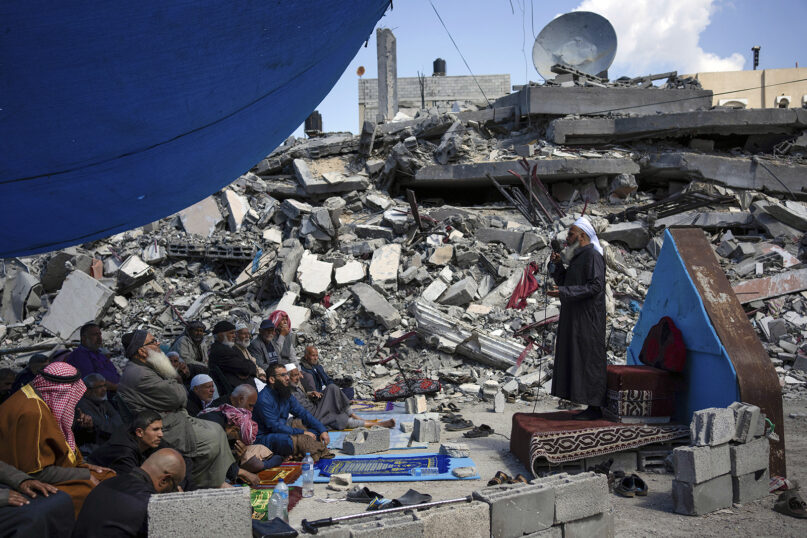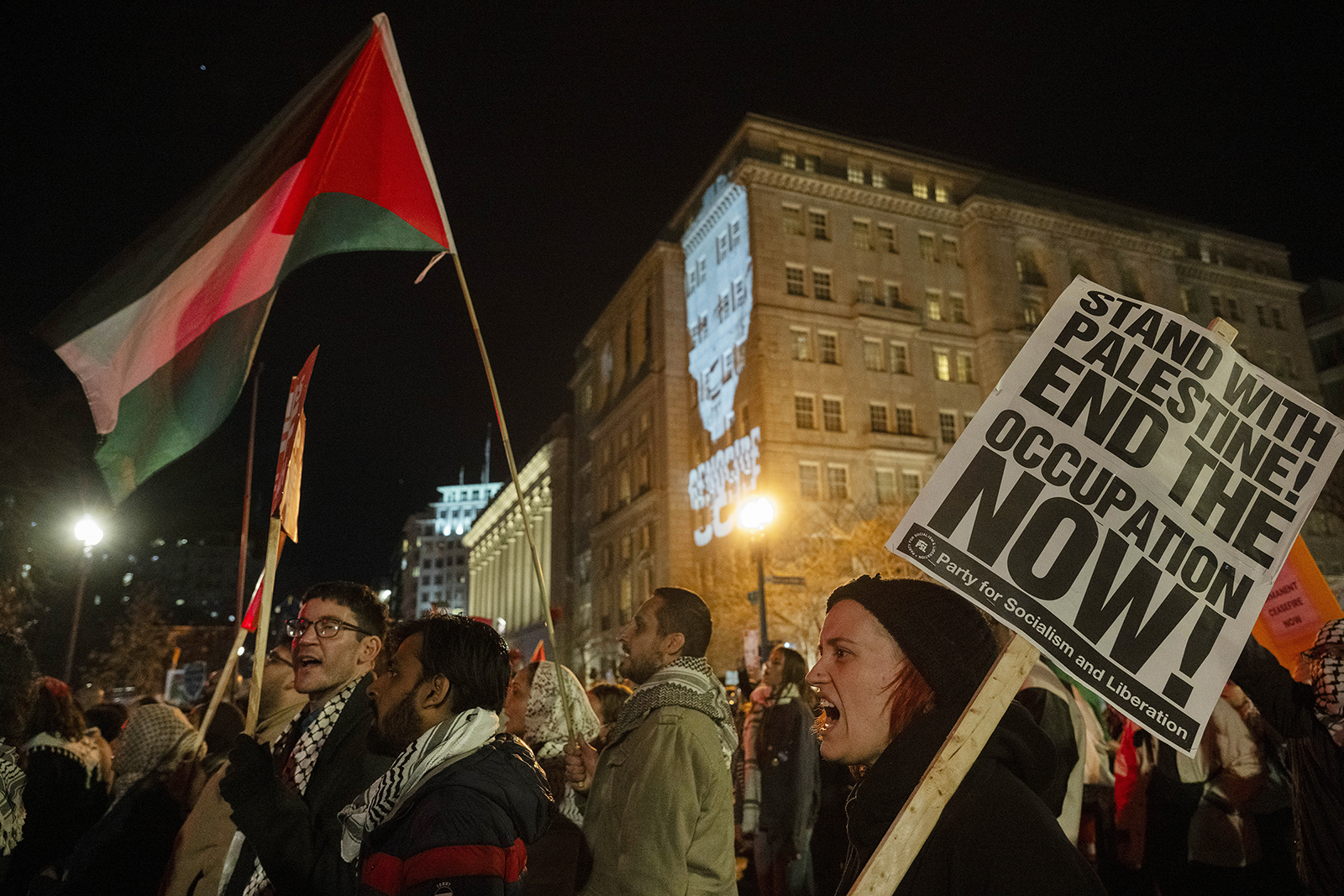Empire Decline and Costly Delusions

Пераправа цераз раку Бярэзіну (Biarezina)
When Napoleon engaged Russia in a European land war, the Russians mounted a determined defense, and the French lost. When Hitler tried the same, the Soviet Union responded similarly, and the Germans lost. In World War 1 and its post-revolutionary civil war (1914-1922), first Russia and then the USSR defended with far greater effect against two invasions than the invaders had calculated. That history ought to have cautioned U.S. and European leaders to minimize the risks of confronting Russia, especially when Russia felt threatened and determined to defend itself.
Instead of caution, delusions prompted ill-advised judgments by the collective West (roughly the G7 nations: the U.S. and its major allies). Those delusions emerged partly from the collective West’s widespread denial of its relative economic decline in the 21st century. That denial also enabled a remarkable blindness to the limits that decline imposed on the collective West’s global actions. Delusions also flowed from a basic undervaluation of Russia’s defensiveness and its resulting commitments. The Ukraine war starkly illustrates both the decline and the costly delusions it fosters.
The United States and Europe seriously underestimated what Russia could and would do to prevail militarily in Ukraine. Russia’s victory—at least so far after two years of war—has proven decisive. Their underestimation stemmed from a shared inability to grasp or absorb the changing world economy and its implications. By mostly minimizing, marginalizing, or simply denying the decline of the U.S. empire relative to the rise of China and its BRICS allies, the United States and Europe missed that decline’s unfolding implications. Russia’s allies’ support combined with its national determination to defend itself have so far defeated a Ukraine heavily funded and armed by the collective West. Historically, declining empires often provoke denials and delusions that teach their people “hard lessons” and impose on them “hard choices”. That is where we are now.
The economics of the U.S. empire decline constitutes the continuing global context. The BRICS countries’ collective GDP, wealth, income, share of world trade, and presence at the highest levels of new technology increasingly exceed those of the G7. That relentless economic development frames the decline of the G7’s political and cultural influences as well. The massive U.S. and European sanctions program against Russia after February 2022 has failed. Russia turned especially to its BRICS allies to quickly as well as comprehensively escape most of those sanctions’ intended effects.
UN votes on the ceasefire issue in Gaza reflect and reinforce the mounting difficulties facing the U.S. position in the Middle East and globally. So does the Houthis’ intervention in Red Sea shipping and so too will other future Arab and Islamic initiatives supporting Palestine against Israel. Among the consequences flowing from the changing world economy, many work to undermine and weaken the U.S. empire.
Trump’s disrespect for NATO is partly an expression of disappointment with an institution he can blame for failing to stop empire’s decline. Trump and his supporters broadly downgrade many institutions once thought crucially central to running the U.S., empire globally. Both the Trump and Biden regimes attacked China’s Huawei corporation, shared commitments to trade and tariff wars, and heavily subsidized competitively challenged U.S. corporations. Nothing less than a historic shift away from neoliberal globalization toward economic nationalism is underway. An American empire that once targeted the whole world is shrinking into a merely regional bloc confronting one or more emerging regional blocs. Much of the rest of the world’s nations—a possible “world majority” of the planet’s people—are pulling away from the U.S. empire.
U.S. leaders’ aggressive economic nationalist policies distract attention from the empire’s decline and thereby facilitate its denial. Yet they also cause new problems. Allies fear that economic nationalism in the United States already has or will soon adversely affect their economic relations with the United States; “America first” targets not only the Chinese. Many countries are rethinking and reconstructing their economic relations with the United States and their expectations about those relations’ futures. Likewise, major groups of U.S. employers are reconsidering their investment strategies. Those who invested heavily overseas as part of the neoliberal globalization frenzies of the last half century are especially fearful. They anticipate costs and losses from policy shifts toward economic nationalism. Their pushback slows those shifts. As capitalists everywhere adjust practically to the changing world economy, they also quarrel and dispute the direction and pace of change. That injects more uncertainty and volatility into a thereby further destabilized world economy. As the U.S. empire unravels, the world economic order it once dominated and enforced likewise changes.
“Make America Great Again” (MAGA) slogans have politically weaponized U.S. empire’s decline, always in carefully vague and general terms. They simplify and misunderstand it within another set of delusions. Trump will, he promises repeatedly, undo that decline and reverse it. He will punish those he blames for it: China, but also Democrats, liberals, globalists, socialists, and Marxists whom he lumps together in a bloc-building strategy. There is rarely any serious attention to the economics of the G7’s decline since to do so would critically implicate capitalists’ profit-driven decisions as key causes of the decline. Neither Republicans nor Democrats dare do that. Biden speaks and acts as if the U.S. wealth and power positions within the world economy were undiminished from what they were across the second half of the 20th century (most of Biden’s political lifetime).
Continuing to fund and arm Ukraine in the war with Russia, like endorsing and supporting Israel’s treatment of Palestinians, are policies premised on denials of a changed world. So too are successive waves of economic sanctions despite each wave failing to achieve its goals. Using tariffs to keep better, cheaper Chinese electric vehicles off the U.S. market will only disadvantage U.S. individuals (via such Chinese electric vehicles’ higher prices) and businesses (via global competition from businesses buying the cheaper Chinese cars and trucks).
Perhaps the greatest, costliest delusions that follow from a denial of years of decline dog the upcoming presidential election. The two major parties and their candidates offer no serious plan for how to deal with the declining empire they seek to lead. Both parties took turns presiding over the decline, yet denial and blaming the other is all either party offers in 2024. Biden offers voters a partnership in denial that the empire is declining. Trump promises vaguely to undo the decline caused by bad Democratic leadership that his election will remove. Nothing either major party does entails sober admissions and assessments of a changed world economy and how each plans to cope with that.
The last 40 to 50 years of the economic history of the G7 witnessed extreme redistributions of wealth and income upward. Those redistributions functioned as both causes and effects of neoliberal globalization. However, domestic reactions (economic and social divisions increasingly hostile and volatile) and foreign reactions (emergence of today’s China and BRICS) are undermining neoliberal globalization and beginning to challenge its accompanying inequalities. U.S. capitalism and its empire cannot yet face its decline amid a changing world. Delusions about retaining or regaining power at the top of society proliferate alongside delusional conspiracy theories and political scapegoating (immigrants, China, Russia) below.
Meanwhile, the economic, political, and cultural costs mount. And on some level, as per Leonard Cohen’s famous song, “Everybody Knows.”
This article was produced by Economy for All, a project of the Independent Media Institute.




